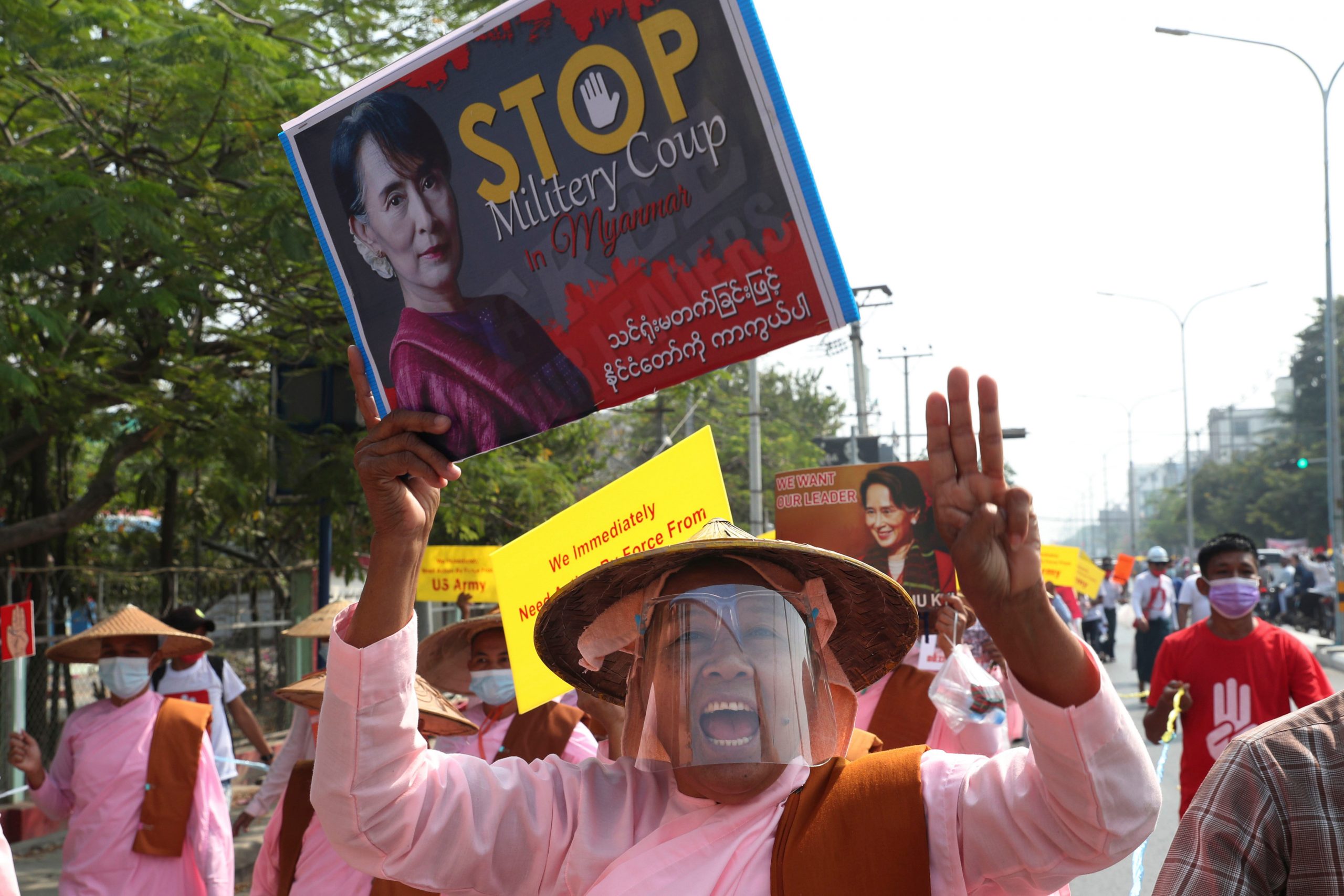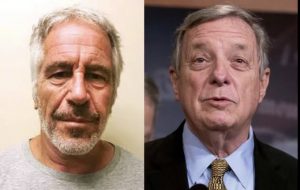Myanmar’s military ruler Ming Aung Hlaing has taken over as Prime Minister
of the caretaker government formed recently, six months after the army took
over power from the civilan government led by Aung San Suu Kyi.
In a speech on Sunday, Myanmar’s new prime minister pledged to hold
elections by 2023 and said that his administration is ready to work with a
future regional envoy on Myanmar.
Also Read | US working on new resettlement programme for Afghans: Reports
He further said that he guarantees the establishment of a union based on
democracy and federalism.
Hlaing’s announcement comes exactly six months after the army seized power
on February 1 after the army seized power from the civilian government after
Aung San Suu Kyi’s ruling party won elections claiming that the polls had been
fraudulent.
Ming Aung Hlaing chaired the State Administration Council (SAC) that was
formed just after the coup and has run Myanmar since then.
“In order to perform the country’s duties fast, easily and effectively, the
state administration council has been reformed as caretaker government of
Myanmar,” CNN quoted state media as saying.
Myanmar’s new prime minister said that his administration will work in
collaboration with any special envoy named by the Association of Southeast
Asian Nations (ASEAN).
Senior Minister Datuk
Seri Hishammuddin Tun Hussein is scheduled to lead the Malaysian delegation to
the 54th Asean Foreign Ministers’ Meeting and related meetings from Monday (August
2) until August 7.
Diplomats say that the
special envoy appointed by ASEAN will be tasked with ending violence and
promoting dialogue between the junta and its opponents.
The Myanmar army seized
power after Suu Kyi’s ruling party won elections that the military called
fraudulent. At the time, the military claimed that its takeover was in accordance
with the Myanmar Constitution. Myanmar’s electoral commission, however, has dismissed
charges of fraud.
Following the coup, 75-year-old
Suu Kyi was charged with several crimes. Her removal saw protests break out on
the streets of Myanmar and a resurgence of conflict in the country’s border
areas.







